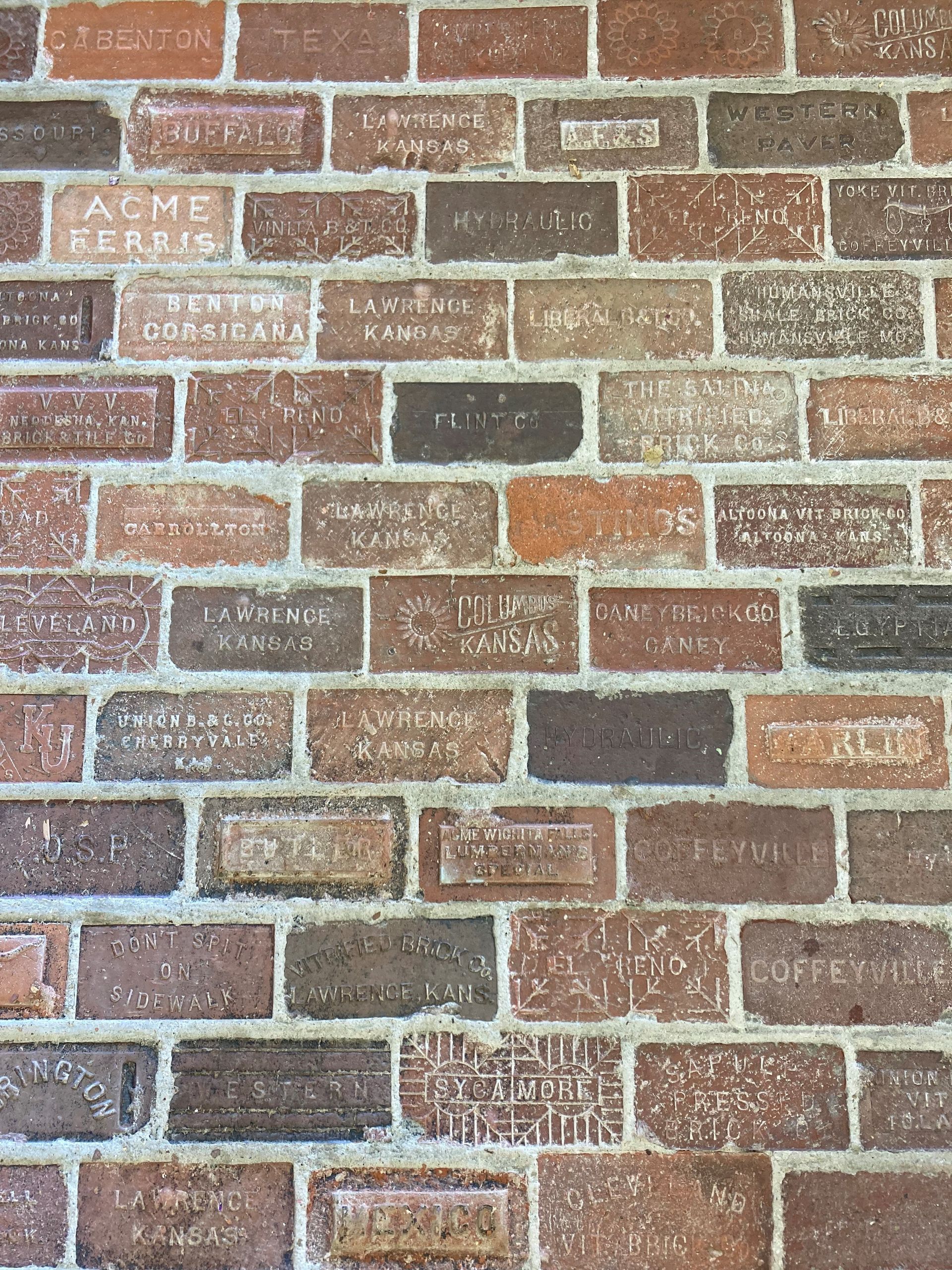What is Memory Care?
Memory Care is defined as “Specialized Support for people with dementia or Alzheimer’s.” Makes sense, doesn’t it? We at KABC hear that some facilities are using the term “Memory Care” as a marketing tool rather than an actual service provided.
Memory Care is NOT a license category for long-term care. Memory care can be provided in assisted care type facilities or in a nursing facility. Many have special memory care “neighborhoods” for residents with dementia. There are also stand-alone memory care facilities.
Memory care is designed to provide a safe, structured environment with set routines to lower stress for people with Alzheimer's or dementia. Employees provide meals and help residents with personal care tasks, just like the staff at an assisted living facility, but they are also specially trained to deal with the unique issues that often arise as a result of dementia or Alzheimer's. They check in with residents more frequently and provide extra structure and support to help them navigate their day.
If you learn your loved-one is in need of memory care in a long-term care facility, here are a few questions to ask:
- Is facility staff specially trained to manage behaviors? Is training on-going?
- Is there a locked unit or safe space for residents, to assure they are not able to get outside and in harm’s way?
- What is your protocol if a resident becomes agitated or disruptive? (antipsychotic meds are not the answer.)
- What is the ratio of staff to residents?
Contact KABC for more information about memory care facilities in Kansas. We also have a great resource, “Positive Approaches for Loved-Ones with Dementia” in print and online in English & Spanish.
We’re here to help!






